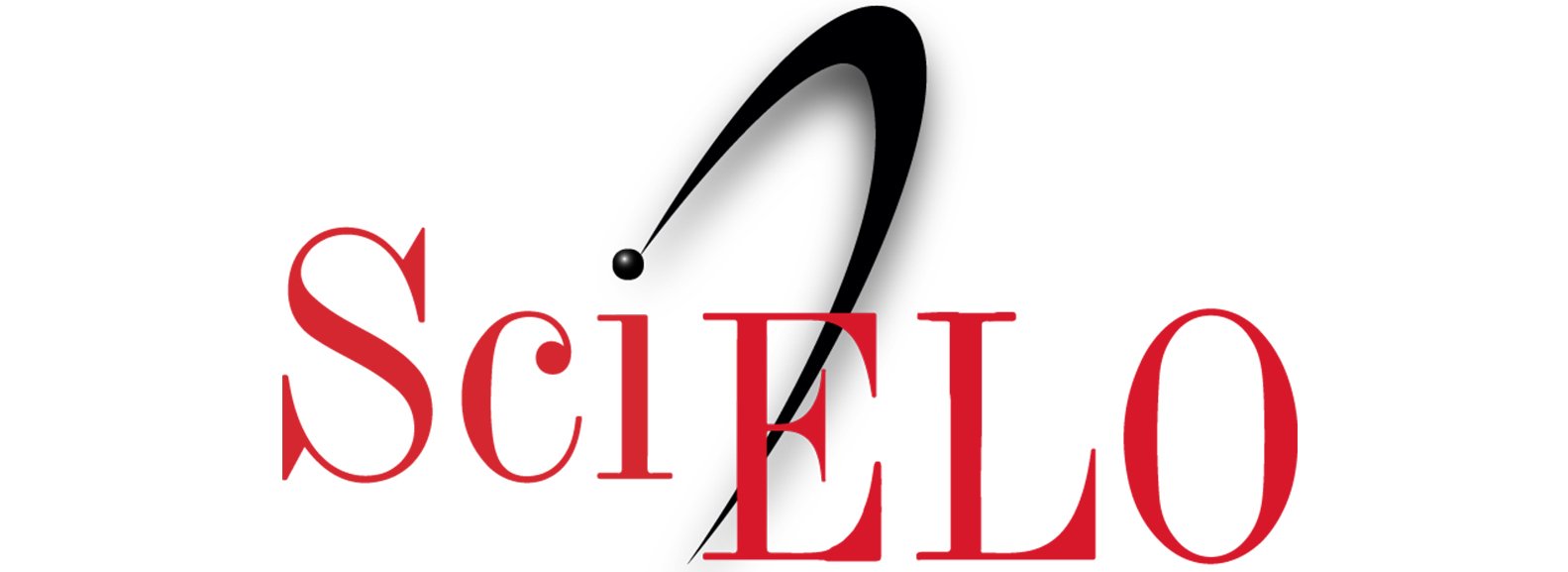LETTER TO THE EDITOR
REVISTA DE LA FACULTAD DE MEDICINA HUMANA 2023 - Universidad Ricardo Palma10.25176/RFMH.v23i3.5904
CAN VITAMIN D BE THE RAY OF SUNSHINE THAT LIGHTS UP THE TREATMENT OF GASTRIC CANCER?
¿PUEDE LA VITAMINA D SER EL RAYO DE SOL QUE ILUMINE EL TRATAMIENTO DEL CÁNCER GÁSTRICO?
Alfredo W. Campos Perez
 1
1
Sacha Barrios Healey
 2
2
José M. Vela Ruiz
 1,3
1,3
1 Instituto de Investigaciones en ciencias biomédicas, Universidad Ricardo Palma. Lima- Perú
2 Universidad de Medicina Tradicional China. Nanjing, China.
3 Unidad de oncología y prevención, Hospital San Juan de Lurigancho, Lima-Perú
Mr. Editor:
Gastric cancer, a malignant neoplasm that originates in the cells of the stomach lining, represents a significant burden in terms of mortality worldwide. According to data from the American Cancer Society, the estimated mortality rate is 4.9 per 100,000 people in 2021. In South America, mortality rates from gastric cancer continue to be of concern, with countries such as Chile and Peru reporting mortality rates of 18.7 and 13.6 per 100,000 persons respectively in 2021 (1).
Gastric cancer being a major pathology mentioned in other previously published studies(2).
Vitamin D is a fat-soluble hormone that occurs in two main forms, D2 (ergocalciferol) and D3 (cholecalciferol). It is produced
in the skin under exposure to ultraviolet light or derived from plant sterol. It is metabolized in the liver and kidney to
active forms. In addition to its role in calcium homeostasis, studies suggest that vitamin D has anticancer effects by
inhibiting cell proliferation and promoting apoptosis. Thus, there is increasing interest as a potential anticancer agent
(3).
Studies have demonstrated the therapeutic potential of vitamin D3 in gastric cancer. An in vitro and in vivo study found that
vitamin D3 suppresses the growth of gastric cancer cells by down-regulating the expression of CD44(4). In addition, another
study showed that vitamin D3 affects gastric cancer progression by repressing BMP3 promoter methylation(5).
Raising vitamin D levels to 42 ng/mL is estimated to reduce disease rates and mortality in various cancers by 18% per year
(6).
Inactivation of Wnt/beta-catenin signaling, induction of cell apoptosis, and inhibition of cell invasion and cancer metastasis
are some of the mechanisms described(6). Some studies are described in Table 1.
Although the antitumor effects of vitamin D3 have been demonstrated in preclinical studies, there is still a lack of
adequately designed clinical studies evaluating the safety and efficacy of vitamin D3 in gastric cancer. In addition, further
studies on the antitumor effects of vitamin D3 in gastric cancer are needed to develop more effective therapeutic
strategies(4-6).
|
Table 1. A table describing studies exploring the involvement of vitamin D in gastric cancer. |
|||||
|---|---|---|---|---|---|
|
Author |
Country |
Type of study |
Population |
MEChANIS |
Benefits |
|
Li et al.(4) |
China |
In vivo |
Nude (nu/nu) mice with xenogeneic GC tumors. |
Oral administration of VD like intraperitoneal injection of 1,25(OH)2D3 significantly inhibited orthotopic gastric cancer growth and CD44 expression in vivo. |
VD significantly inhibited tumor growth in treated mice compared to untreated controls. |
|
Li et al.(4) |
China |
In vitro |
Human GC cell lines MKN45 and AGS |
VD 1,25(OH)2D3 suppressed MKN45 and KATO III cell growth through VDR-induced suppression of CD44. |
Significantly decreased cell growth and CD44 expression in VD-treated cells. |
|
Zhao et al.(5) |
China |
In vitro |
BGC-823, SGC-7901, MGC80-3, AGS-1 and MKN-28 cell lines. |
Cell proliferation was measured by cell viability assays and cell migration and invasion were assessed by scratch and transwell assays. In addition, cell cycle and apoptosis were analyzed by flow cytometry. |
VD increases BMP3 expression and delays GC progression. |
|
Chang et al.(7) |
China |
In vitro |
SGC-7901 human GC cell line and cultured with RPIM1640 containing 10% fetal bovine serum (FBS). |
Activation of the VDR receptor by 1,25(OH)2D3 to induce miR-99b-VDRE expression in GC cells in vitro. |
VD inhibits GC cell proliferation by increasing miR-99b-3p expression. |
|
VD: vitamin D; GC: gastric cancer; BMP3: bone morphogenetic protein; |
|||||
Keywords: Vitamin D, Gastric Neoplasms, Anticarcinogens. (Source: MeSH – NLM)
Author contributions:
All authors participated in the conception, preparation, and approval of the final version of the manuscript.
Funding:
Self-financed.
Declaration of conflict of interest:
None.
Received:
April 2nd, 2023
Approved:
July 5th, 2023.
Correspondence author:
Alfredo Williams Campos Perez
Address:
Avenida Benavides 5440, Santiago de Surco, Lima 33-Perú.
Phone:
+51 989022921
E-mail:
alfredow.campos@gmail.com
Article published by the Journal of the faculty of Human Medicine of the Ricardo Palma University. It is an open access article, distributed under the terms of the Creatvie Commons license: Creative Commons Attribution 4.0 International, CC BY 4.0 (https://creativecommons.org/licenses/by/1.0/), that allows non-commercial use, distribution and reproduction in any medium, provided that the original work is duly cited. For commercial use, please contact revista.medicina@urp.edu.pe.
BIBLIOGRAPHIC REFERENCES
